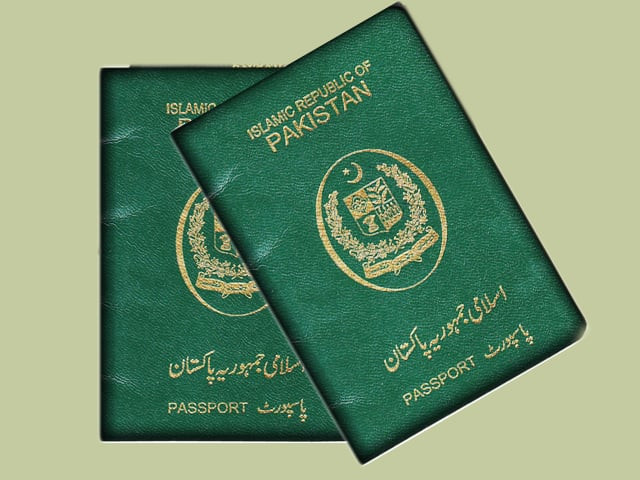Pakistan’s Diplomatic Policy in Global Affairs
Introduction
Pakistan’s diplomatic policy plays a central role in shaping its image, ensuring national security, and maintaining regional peace. From managing bilateral relations with neighboring countries to participating in international forums like the UN and OIC, Pakistan’s diplomacy is evolving with changing global dynamics.
1. Historical Overview of Pakistan’s Foreign Policy
Since its independence in 1947, Pakistan has adopted a foreign policy aimed at peace, sovereignty, and strategic partnerships. The country aligned itself with Western blocs during the Cold War, joining alliances like SEATO and CENTO, reflecting an early tilt toward the U.S.
Historical diplomatic meeting of Pakistan 1947
2. Key Objectives of Pakistan’s Diplomatic Strategy
The current Pakistan diplomatic policy emphasizes the following:
-
Safeguarding national sovereignty
-
Promoting regional peace
-
Strengthening economic ties
-
Representing Islamic solidarity
-
Enhancing soft power globally
These objectives guide the work of the Pakistan foreign office and embassies across the globe.
3. Relations with Major Powers
Pakistan-USA Relations
Historically, Pakistan-USA relations have been both strategic and strained. While military aid and counter-terrorism cooperation have deepened ties, issues like drone strikes and regional policies have created tensions.
Pakistan-China Relations
The cornerstone of Pakistan’s foreign policy strategy, the all-weather friendship with China has seen significant growth, especially under the China-Pakistan Economic Corridor (CPEC).
Image: Meeting between Pakistani and Chinese leaders
4. Pakistan and Regional Diplomacy
🇮🇳 Pakistan-India Diplomacy
Ties with India remain complex due to issues like Kashmir. However, efforts for peace talks Pakistan India continue to emerge under international pressure.
🇦🇫 Pakistan-Afghanistan Relations
Pakistan plays a crucial role in Afghan peace processes, often mediating between stakeholders to ensure regional stability.
Pakistan and the Middle East
Strong religious, economic, and cultural ties define Pakistan’s relationship with countries like Saudi Arabia, UAE, and Iran. The country actively participates in the OIC (Organization of Islamic Cooperation), reinforcing its Islamic diplomacy.
5. Multilateral Diplomacy & International Forums
Pakistan's engagement with the United Nations, OIC, SCO (Shanghai Cooperation Organization), and other forums reflects its commitment to multilateralism. Pakistan has been elected multiple times to the UN Human Rights Council and played an active role in global peace efforts.
6. Challenges in Pakistan’s Foreign Policy
While Pakistan seeks positive engagement globally, it faces challenges like:
-
Negative global perception
-
Cross-border terrorism issues
-
Balancing relations between China and the U.S.
-
Economic instability affecting diplomatic leverage
-
Tensions with neighboring India
These require a dynamic diplomatic strategy aligned with national interests.
7. Recent Shifts and 2025 Vision
Pakistan’s foreign ministry has introduced reforms focusing on:
-
Digital diplomacy for global outreach
-
Economic diplomacy to attract trade and FDI
-
Public diplomacy to improve its image abroad
The Pakistan diplomatic policy 2025 aims for smarter engagement, regional leadership, and global cooperation on climate change, human rights, and technological innovation.
8. Role of the Foreign Office and Diplomatic Missions
Pakistan has over 100 diplomatic missions worldwide. These embassies promote:
-
Political cooperation
-
Trade and investment
-
Cultural diplomacy
-
Welfare of overseas Pakistanis
9. Pakistan’s Soft Power and Cultural Diplomacy
Cultural events, academic exchange programs, and diaspora engagement are tools of soft power Pakistan uses to build influence. Platforms like the Pakistan Cultural Days and Urdu language promotions enhance this aspect of diplomacy.
Conclusion
Pakistan diplomatic policy continues to evolve amid shifting global tides. With a strategic focus on peace, development, and cooperation, Pakistan aims to solidify its position in the international community. Strong diplomatic efforts are essential not only for national security but also for economic growth and global influence.

.jpg)
.jpg)
.jpg)


.jpg)
Comments
Post a Comment